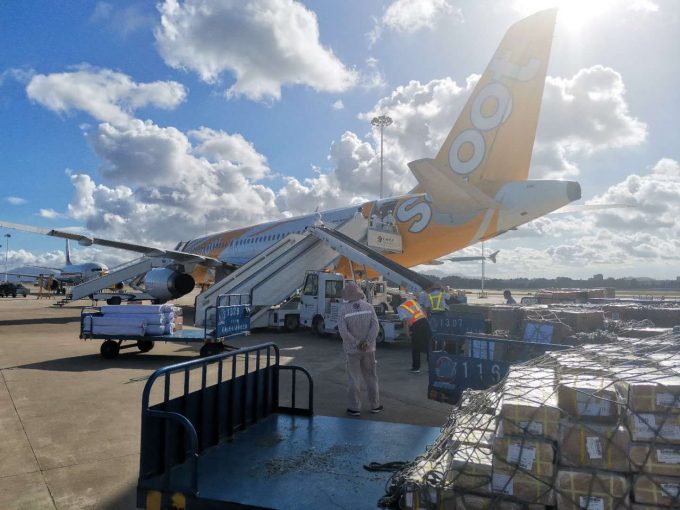Carriers warn of cargo disruption due to strikes at Munich Airport
Lufthansa Cargo (LC) has warned customers that strikes tomorrow and Friday at Munich Airport (MUC) ...

Budget passenger airlines are warming to cargo: Singapore-based Scoot is removing seats from A320 aircraft for regional freight operations, while SpiceJet has used a reconfigured A340 to fly to Europe and Africa.
Traditionally, low-cost carriers (LCCs) have shown scant regard for cargo. Many have not bothered with it at all, lest the loading/unloading disrupt tight turnaround times.
Others have dabbled – JetBlue stopped its cargo operations a few years ago, but entered the business for a second time last year.
As the low-cost ...
Asia-USEC shippers to lose 42% capacity in a surge of blanked sailings
USTR fees will lead to 'complete destabilisation' of container shipping alliances
New USTR port fees threaten shipping and global supply chains, says Cosco
Outlook for container shipping 'more uncertain now than at the onset of Covid'
Transpac container service closures mount
DHL Express suspends non-de minimis B2C parcels to US consumers
Zim ordered to pay Samsung $3.7m for 'wrongful' D&D charges
Flexport lawsuit an 'undifferentiated mass of gibberish', claims Freightmate

Comment on this article